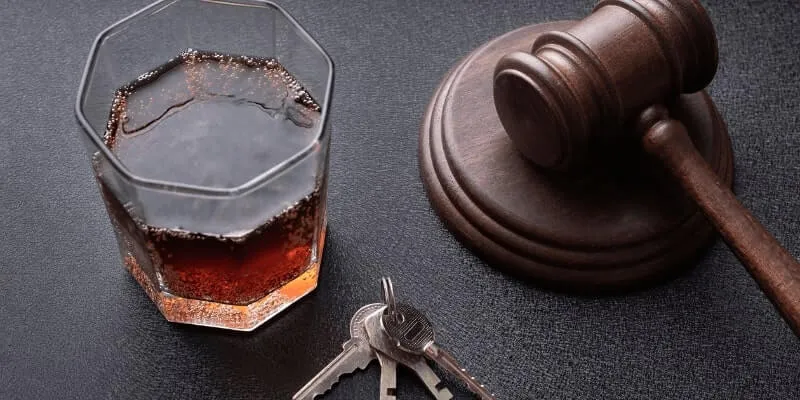
ACahill(or “second chance §24D”) disposition for asecond offensecan occur when an offender’s second operating under the influence offense occurred more than ten years after his first offense.;
For purposes of sentencing, ourMassachusetts OUI attorneyexplains,the second-time offender is eligible for many of the same benefits as a first-time offender under a §24D disposition including 12 months probation, a driver alcohol education program, 45 to 90-daylicense suspension(with eligibility for a work/hardship license considered after three business days). A Cahill disposition additionally requires the installation of anignition interlock deviceif a hardship license is granted.

Commonwealth v. Cahill
For a free legal consultation, call (781) 740-0800
The term Cahill disposition derives from the case of Commonwealth v. Cahill, which held that theRegistry of Motor Vehiclesmust honor the decision of the court to treat a second offense OUI as a 1st offense if it occurs more than 10 years from the date of the 1stdrunk driving conviction. When calculating the ten-year lookback period, the operative dates are from the first offense conviction date to the new offense date.
This means if you are charged with a second offense OUI and yourfirst OUIconviction or plea (including a guilty plea or aCWOF) was more than ten years ago, the court may dispose of your case under the §24D program. In that case, you will be eligible for the same penalties applicable to a 1st offense OUI charge, includingprobationfor one year, the 45-to-90-day loss of license, and assignment of the §24D program.
Click to contact our criminal defense lawyers today
This also means that the Massachusetts Registry of Motor Vehicles must honor that disposition. When applying for a hardship license under a “second chance” or Cahill disposition, there is an additional requirement of an ignition interlock device for the period of hardship plus an additional two years.
Call or text (781) 740-0800 or complete a Free Case Evaluation form

